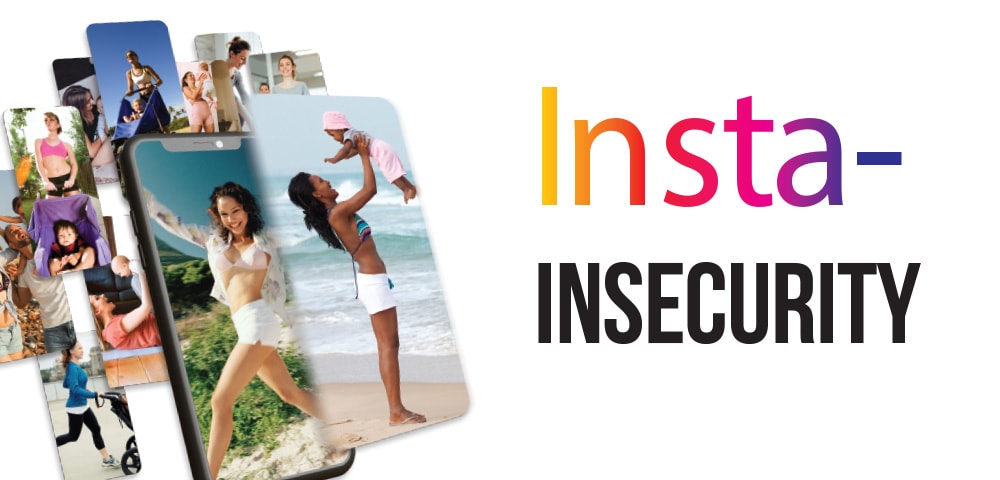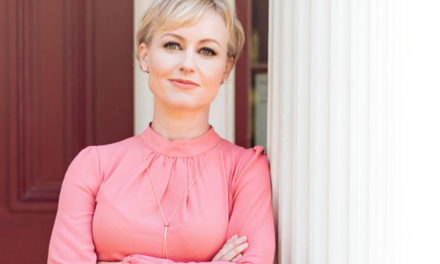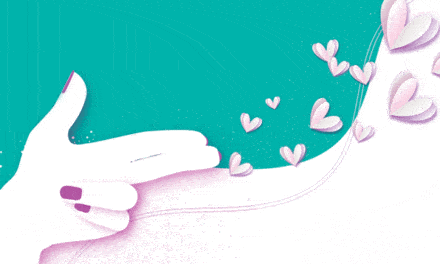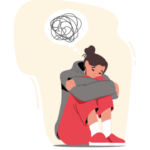
Comparisons on social media affect everyone, but trends show that they negatively affect NEW MOMS.
It’s not easy being a new mom, with body changes and raging hormones that wreak emotional havoc. Add in sleepless nights, endless feedings, and one issue that didn’t plague previous generations: social media.
While real-life looks in the mirror can reveal pregnancy weight gain, stretch marks, and the effects of fatigue, it’s different online. By simply opening Instagram hashtags such as #mombod and #postbabybody, a new mom might think she’s the only one who doesn’t look like a supermodel. In one Australian study, only 9% of social media images showed overweight moms, and only 5% showed stretch marks or C-section scars.
Just as doctored or misleading photos have long convinced teen girls that there’s something wrong with their growing bodies, the same problem seems to lurk for postpartum women. To get a handle on the issue, researchers from the University of Sydney studied 600 Instagram posts to see how social media depictions of postpartum life affect people actually living it. They noted a tendency to show relatively trim women in workout clothing as if their postpartum body was a weakness or an illness that required exercise to overcome. Yet, oddly, few of the fitness-oriented images showed any significant muscularity.
As reported in the journal Healthcare and on WebMD.com, these results suggest that social media sets extremely unreasonable expectations for new mothers, which, in turn, can increase the already high risk of depression. A third of new mothers already report feeling alone. More than half say they feel “friendless.” According to the American Psychological Association, up to one in seven new mothers will face postpartum depression, and 9% may suffer post-traumatic stress disorder.
Lead researcher Megan Gow, PhD, says she hopes her study and others will alert health care practitioners to the problem of social media in postpartum mental health. Once aware of many of these issues, practitioners will be better able to emphasize the postpartum journey as a holistic one, a time to reflect, and enjoy and get to know your baby, not a race to fit into those pre-pregnancy jeans.
Social media sets extremely unreasonable expectations for new mothers, which, in turn, can increase the already high risk of depression.














